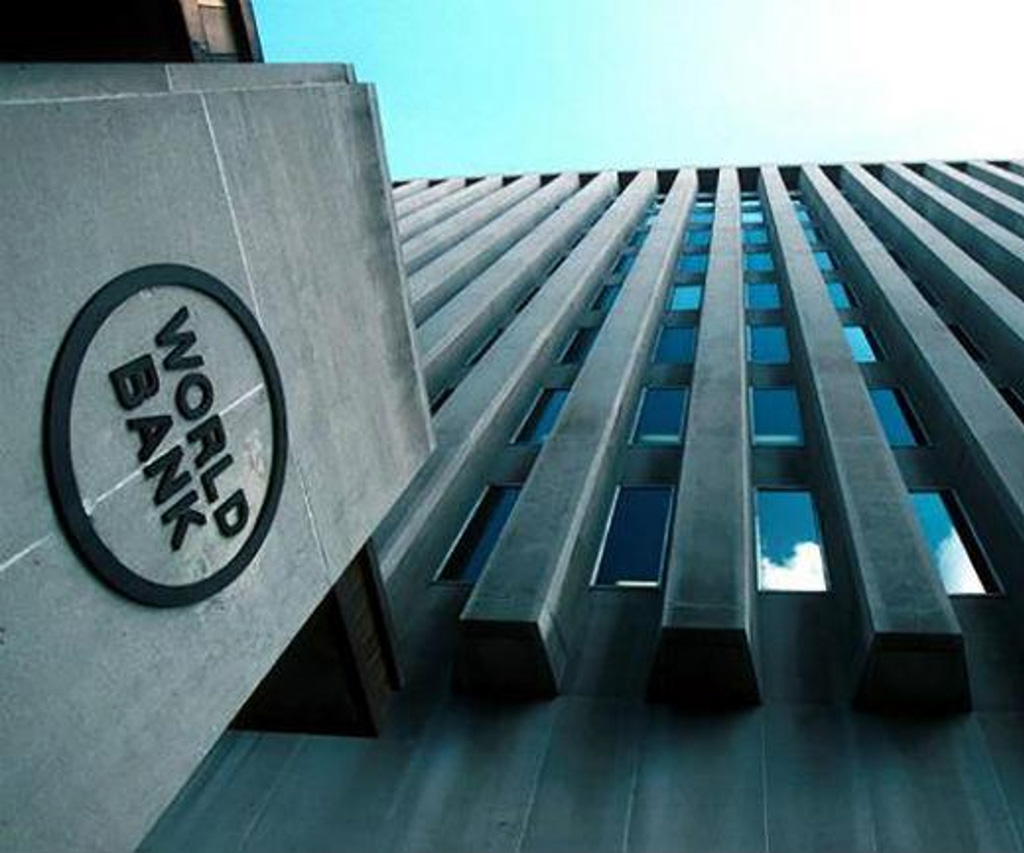Pakistan among 'top 10 improvers' in World Bank’s Ease of Doing Business Index
- Pakistan among the top performers in Doing Business 2020.
- The World Bank report states Pakistan developed an ambitious reform strategy to ensure progress.

Pakistan emerged as one of the biggest improvers in World Bank’s latest Ease of Doing Business Index 2020, jumping up 28 places on the index and clinching the 108th position, as compared to 136th spot last year.
Pakistan was also among the most notable improvement in Doing Business 2020, sitting alongside Saudi Arabia, Jordan, Togo, Bahrain, Tajikistan, Kuwait, China, India, and Nigeria.
“These economies implemented a total of 59 regulatory reforms in 2018/19—accounting for one-fifth of all the reforms recorded worldwide. Their efforts focused primarily on the areas of starting a business, dealing with construction permits, and trading across borders,” the report reads.
“This rise is significant and made possible by collective and coordinated actions of Federal Government and Provincial Governments of Sindh and Punjab over the past year,” said Illango Patchamuthu, World Bank Country Director for Pakistan. “The accelerated reform agenda has many noteworthy features to improve quality of regulations, reduce time and streamline processes. This momentum needs to be sustained in the coming years for Pakistan to continue to make progress.”
The reforms that helped the country improve its ranking are significant. The country has made starting a business easier by expanding the functionalities of the online one-stop-shop. This reduced the number of procedures required to set up a business from 10 to five and improved the economy’s score for starting a business.
About Pakistan, the report stated, “ The country developed an ambitious reform strategy, setting up a national secretariat as well as a prime minister’s reform steering committee to ensure progress. Most of the programmed reforms evolved around the Doing Business indicators. Doing Business working groups have been set up at both municipal and provincial levels.”
The report stated that Pakistan made starting a business easier by expanding procedures available through the online one-stop shop. This reform applies to both Karachi and Lahore. Furthermore, Pakistan (Lahore) abolished the Labor Department registration fee.
It also said that Karachi made obtaining a construction permit easier and faster by streamlining the approval process and also made construction safer by ensuring that building quality inspections take place regularly. Whereas, Lahore also made obtaining a construction permit easier and faster by streamlining the approval process and by improving the operational efficiency of its one-stop shop for construction permitting.
Pakistan also made getting electricity easier by enforcing service delivery time frames and by launching an online portal for new applications. Pakistan also increased the transparency of electricity tariff changes. This reform applies to both Karachi and Lahore.
The country made paying taxes easier by introducing online payment modules for value added tax and corporate income tax, and less costly by reducing the corporate income tax rate.
Pakistan’s economic hub Karachi made property registration faster by making it easier to execute and register a deed at the Office of the Sub-Registrar. Whereas, Lahore made registering property easier by increasing the transparency of the land administration system.
Pakistan made trading across borders easier by enhancing the integration of various agencies in the Web-Based One Customs (WEBOC) electronic system and coordinating joint physical inspections at the port.
Pakistan continues to perform best on the protecting minority investors indicator, earning the maximum possible points on the extent of ownership and control index, which measures governance safeguards protecting shareholders from undue board control. Globally, Pakistan is in the top 30 economies on this measure.
Going forward, Pakistan has other opportunities for improvement in the areas measured by Doing Business. For example, on enforcing contracts, the country ranks 156th. It takes 1,071 days to resolve a commercial dispute in Pakistan, almost twice the average among OCED high-income economies.





















Comments
Comments are closed.